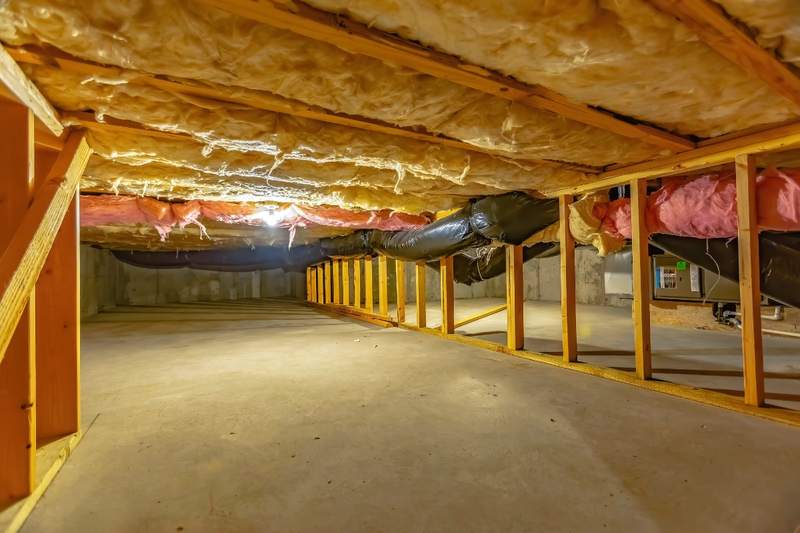
Whether you’re buying or selling a home, a real estate agent can be an important partner in making sure the process goes smoothly. A qualified agent will have the knowledge and experience needed to make your real estate transaction a success, and is a resource that most buyers use. According to the National Association of Realtors, 88% of homebuyers worked with a real estate agent in 2020.
But if you’ve never used an agent before, then you might be unsure how to find one. Here are some tips for finding and hiring a real estate agent.
What Does a Real Estate Agent Do?
A real estate agent is a trained professional licensed by the state to help people buy, sell, or rent homes.
If you’re buying a home, an agent works with you to find a suitable property, assists you in submitting your offer, represents you in negotiations, walks you through the paperwork, and helps you understand your closing costs. They also can help arrange required appraisals and inspections, and refer you to trusted providers for any third-party services you need.
Real estate agents who represent the seller also are known as listing agents. They assist sellers with setting a fair price for their home, and marketing it with photos and listings on appropriate services. The listing agent also can help them vet offers and avoid buyers who either aren’t serious or can’t afford the home. Once the seller finds a buyer, the agent helps negotiate the sale price and closing costs.
What To Look For in an Agent
It’s important to choose an agent who is experienced and knows the local market well. You also will want an agent who is well versed in pricing in your area and your state’s real estate laws.
One notable qualification that a real estate agent can get is to become a Realtor, which means they are a member of the National Association of Realtors. NAR members are required to follow the group’s rules, standards, and code of ethics, which ensure they are working in the client’s best interests. Realtors also have access to real estate market insights and statistics that could benefit you.
When you research agents online, take note of their listed qualifications and reviews from recent clients. An agent might list additional certifications or training they’ve completed that makes them more knowledgeable about their job.
The agent’s personality and work style also are factors to consider. Buying a home likely is the biggest purchase you will ever make, so you’ll want to work with a professional you trust and feel comfortable with.
Where To Look For Real Estate Agents
A great way to start looking for a real estate agent is through search engines and databases. NAR has a directory of Realtors in your area. You’ll be able to plug in your location, and sort by different certifications and designations.
Another good strategy is to ask for referrals from friends, family, or co-workers who have recently bought or sold a home. If they had a wonderful experience with their agent, you might have one, too. You also can start attending open houses and see if you meet any agents that you click with.
How To Choose a Real Estate Agent for Buying or Selling
Choosing a real estate agent comes down to weighing their experience, their work style, and how well you connect with them. Be sure to shop around and speak with several agents before making your decision.
When you interview candidates, be sure to ask the following questions:
- What experience do you have with homes in my area?
- What services do you offer?
- What is your fee and how are you paid?
- What are your specialties?
- Do you prefer to communicate via email, text, or phone, or in person?
Sellers also will want to ask:
- How would you price my home?
- How would you market my home?
After the interview, you should trust your instincts, and think about whether you clicked with them and can trust them. It’s important that you feel you gel with your real estate agent, because they will be your representative in the sale. Consider whether they were professional and communicated clearly and patiently.
Red Flags To Watch For
Here are some red flags that may suggest an agent isn’t the best choice for you:
- Not enough experience. If your real estate agent is new to the job, or is unfamiliar with your area, they may not have enough context to negotiate a good price. There’s more room for error.
- They only do real estate part time. You likely want an agent with their head in the game and who is following the market closely, as opposed to someone who does real estate on the side.
- They don’t have good reviews. Research agents online to find out what their past clients have to say. Focus more on the general pattern or consensus, as opposed to any one specific review. You also can check with the Better Business Bureau to check if any complaints have been filed against them.
- They’re less familiar with your property type. If you’re purchasing an investment property or a condominium, you’ll want to find an agent or Realtor who specializes in that type of property.
- They seem disorganized. You have to rely on your agent to be thorough and meticulous when it comes to ironing out and confirming the terms of the deal. If they seem too busy to spend enough time on the details, then they might not be the right fit for you.
Signing the Paperwork
Before you sign anything, have your real estate agent walk you through all the documents to make sure you understand every part of your agreement. Ask questions as they occur to you, and take the time to really wrap your head around it.
Two key documents are the agency disclosure and the buyer-broker agreement:
- The agency disclosure clearly states whether the agent is working on behalf of the buyer or seller, and outlines which roles you and your agent are playing in the transaction.
- The buyer-broker agreement is the official contract between you and your agent that describes what services they’ll provide and what their rate will be. This document gives the agent the green light to start working for you.
Real Estate Agent FAQ
Here are answers to some common questions about real estate agents.











